FIFA World Cup 2022: A $220 Bn Gambit By Qatar
All roads lead to Qatar. The FIFA World Cup is one of the world’s biggest sporting events hosted by Qatar, the smallest ever country to stage the tournament.
As fans wait with bated breath to see their favourite teams in action, the excitement around this massive sports tournament is palpable, to say the least.
In the course of 28 days, a total of 32 teams will bring their best to the fields as they battle it out to be the champions lifting the coveted FIFA World Cup trophy.
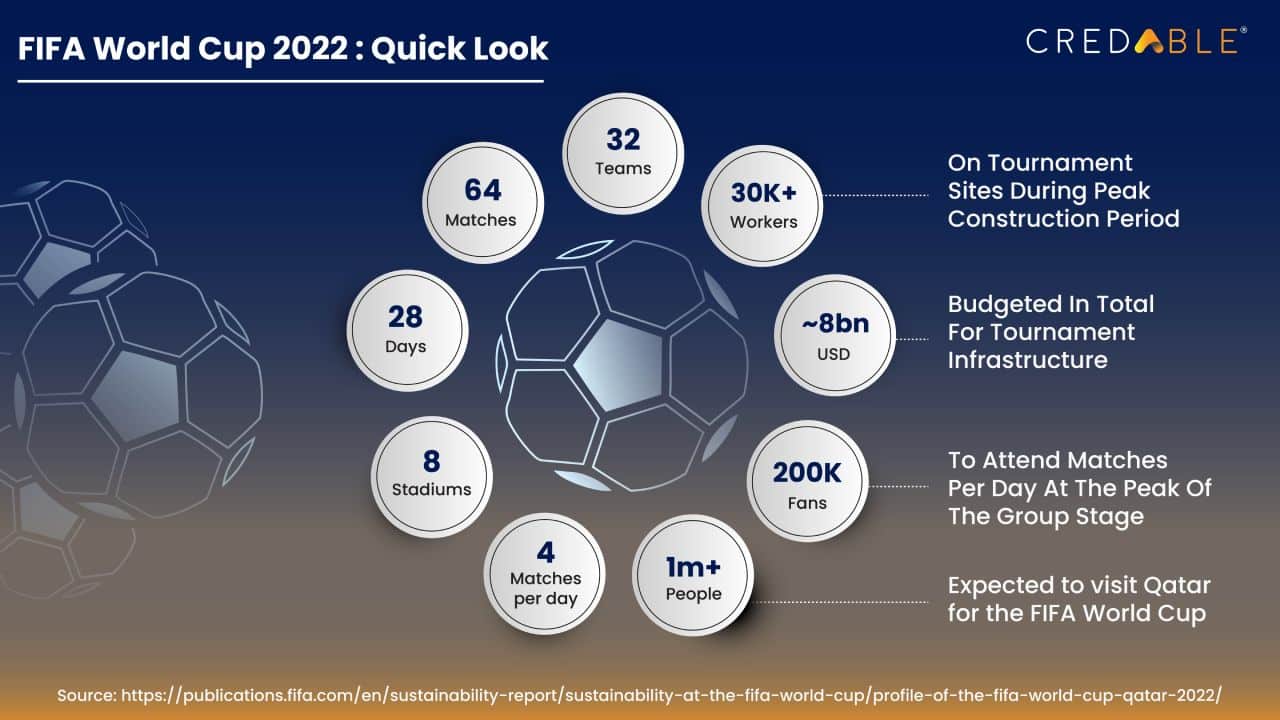
This year, a whopping 1 million people are expected to make their way to Qatar to experience the sporting extravaganza live. Nearly USD$8 billion is budgeted in total for building large-capacity stadiums and ensuring that the required necessities are made available to the millions of fans that will be attending the matches.
With all this in the backdrop, in this article, we give you the lowdown on the economics behind the FIFA World Cup. But first, let’s take a closer look at the upcoming matches.
Lights! Camera! Football!: The teams, groups, and matches
The FIFA World Cup kicked off with a bang on November 20th when the hosting country Qatar played the opening match against Ecuador. The World Cup has moved from its regular June-July slot to November-December, in a bid to avoid the intense summer heat of Qatar.
The 32 teams have been split up into 8 groups of 4 teams each. The groups were decided during the World Cup draw held in April.
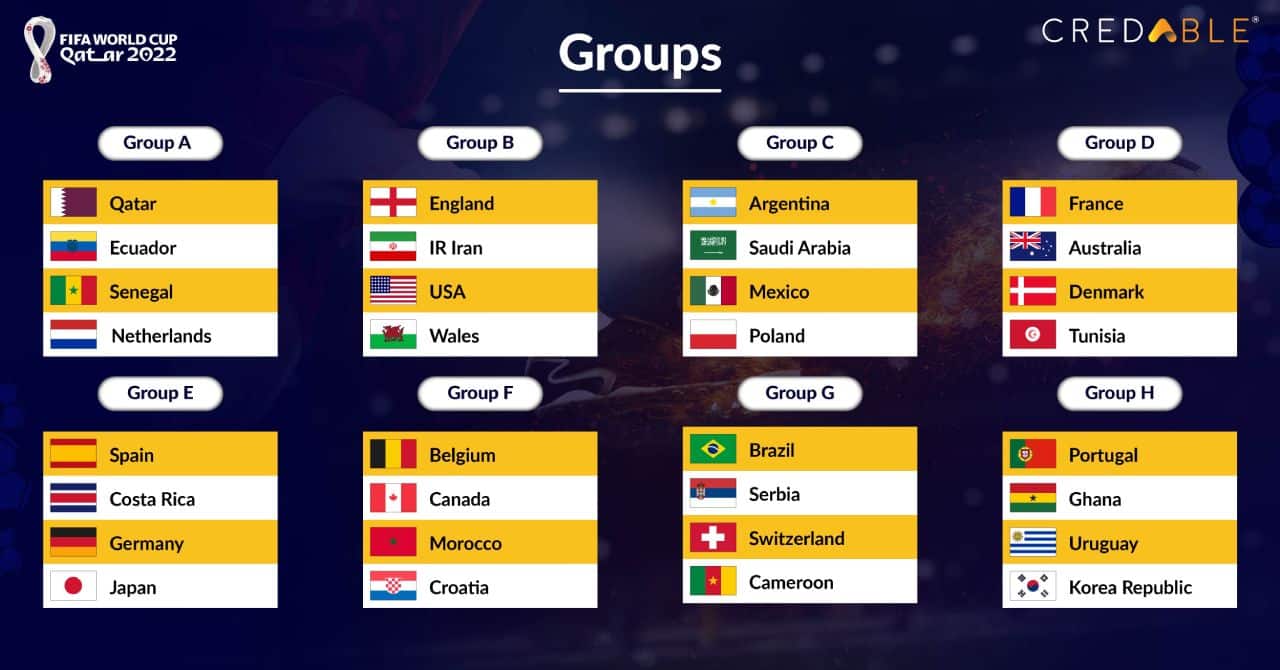
The group stage concludes on December 2nd with the round-of-16 play beginning the very next day. The quarter-finals start on December 9th, the semi-finals on December 13th, and the much-awaited final match will be played on December 18th.
Defending champions France is the crowd favourite, along with 5-time World Cup title winner Brazil. England, Portugal, Argentina, Spain, and Germany are also considered the tournament’s must-watch teams.
World Cup 2022: The most expensive of all time
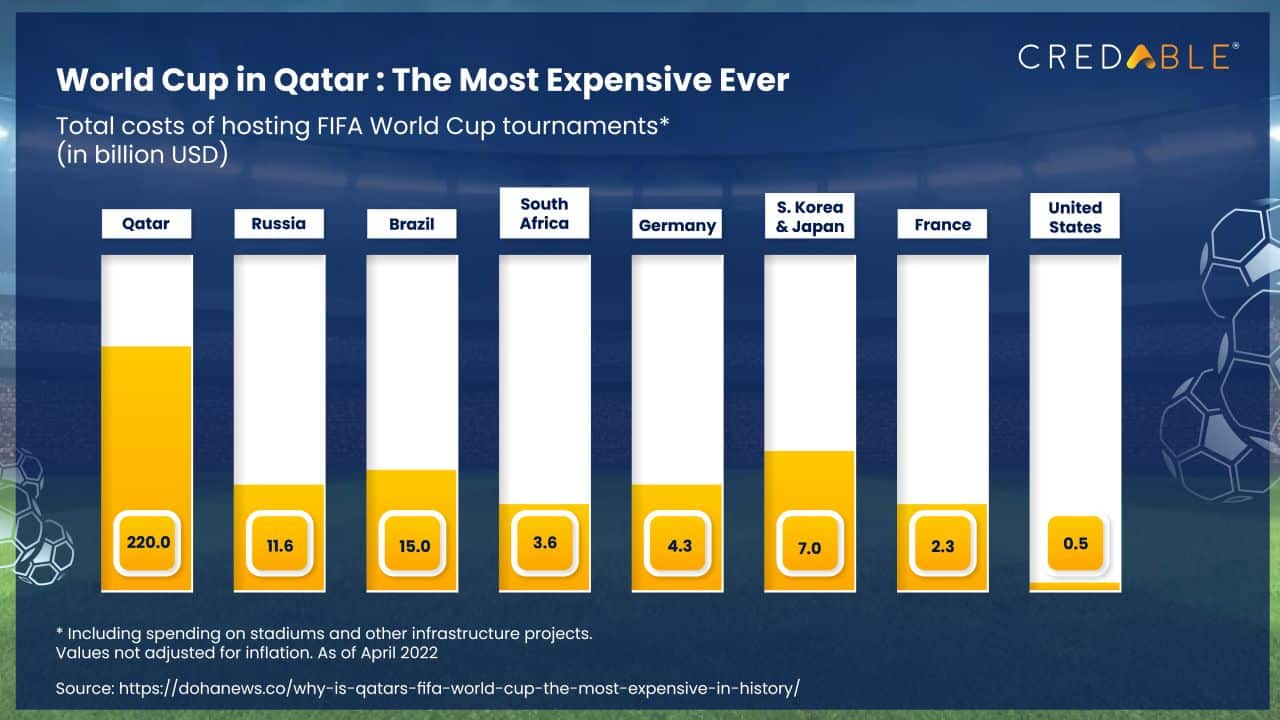
This year’s World Cup is going to be the most expensive of all with Qatar shelling out $220 billion as the host country. This enormous undertaking by this small nation has raised questions about its economic practicality. With the arrival of hundreds of thousands of fans, there are concerns that Qatar might buckle under the weight of global scrutiny.
One question on everyone’s mind is what will be the impact on this tiny Gulf nation that out-bid even the game’s inventors, England, to win the right to host the World Cup in 2022.
While the Olympics and the World Cup are touted to be major economic boons for the host countries, this has not always been the case. Take for example Greece’s bankruptcy that was expedited owing to the Olympics debt from the 2004 Olympics.
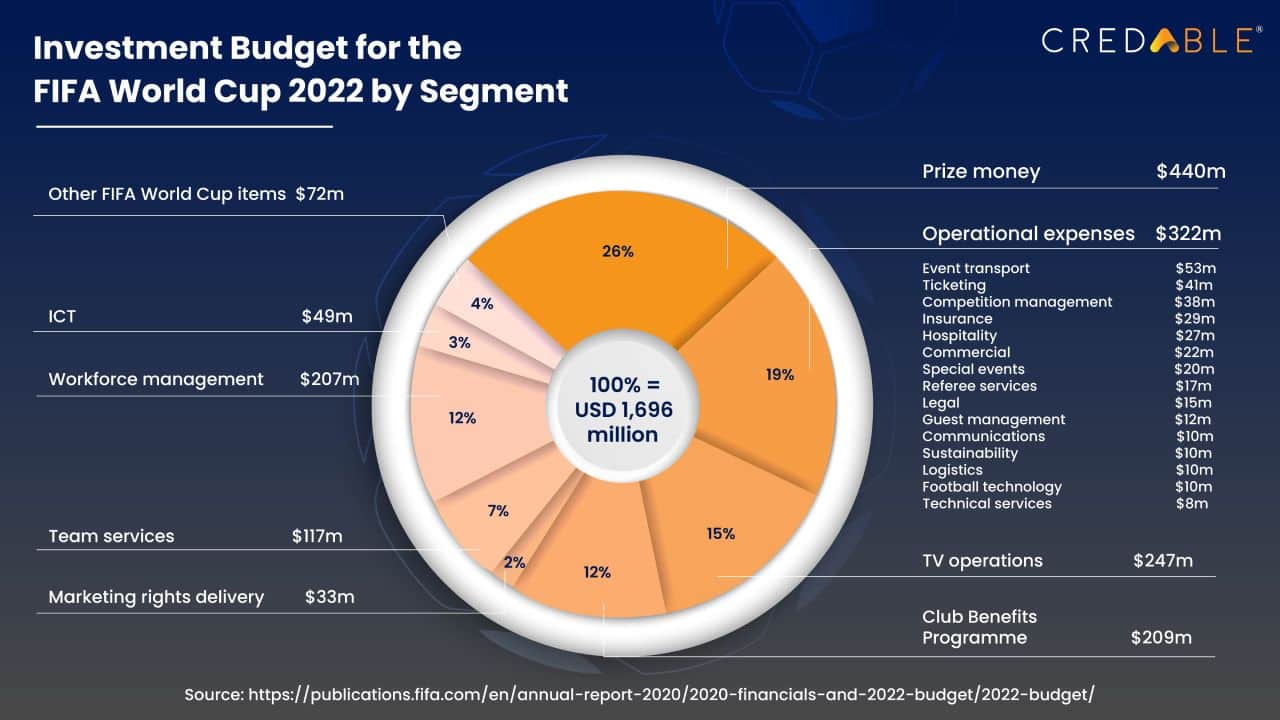
Football’s governing body, FIFA will be bearing all the operating costs that come up to $1.7 billion during the entire month of the tournament. That’s not all, the projected $4.7 billion revenue from the international television rights, hospitality, tickets, marketing rights, and corporate sponsorships would also belong to FIFA and a net gain of $3 billion is what the governing body is expected to make from World Cup 2022.
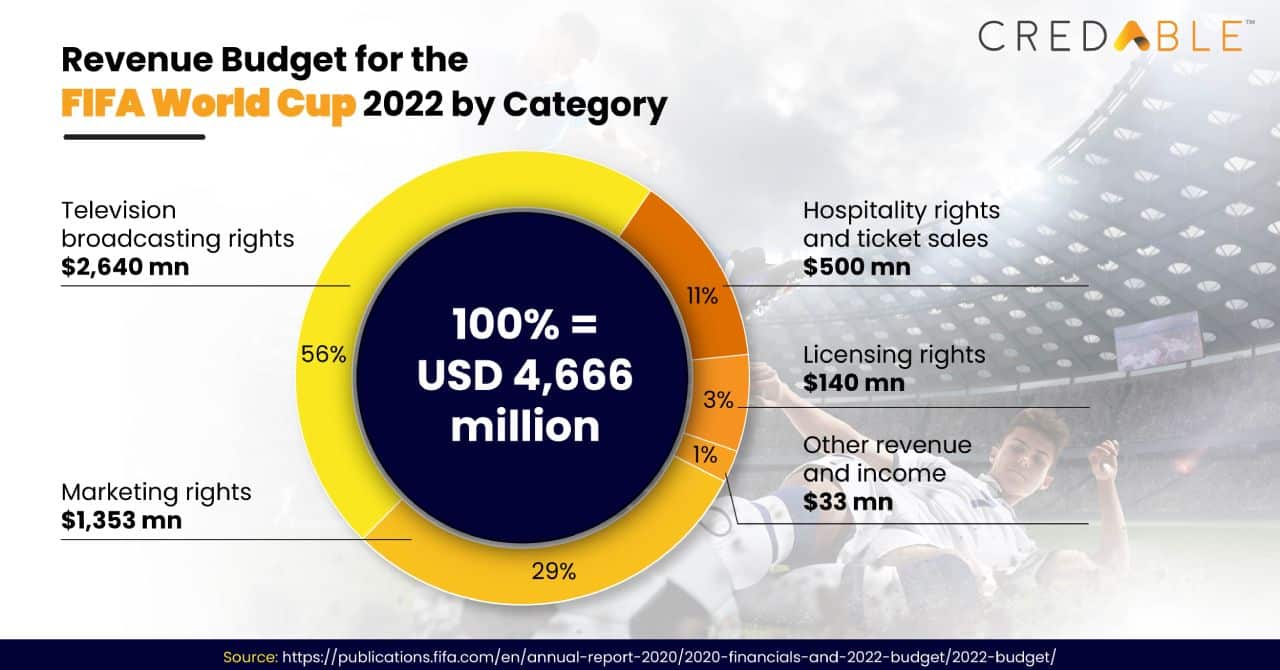
With a GDP of approximately $180 billion in 2022, Qatar has spent $220 billion on hosting the World Cup. This includes the costs involved in the bidding, building/renovating eight stadiums, hospitality, transportation, telecommunications, and security infrastructure. Ever since 2010, when the country was awarded the right to host the World Cup, Qatar has spent nearly 10% of its GDP a year, on average.
How does all this impact Qatar’s economy?
Qatar is making history by bringing the World Cup tournament to the Middle East for the very first time. FIFA World Cup 2022 will serve as a vehicle to achieve the Qatar National Vision 2030 (QNV 2030). This is an initiative by the government to transform Qatar into a global society by 2030.
According to officials within the country, the World Cup is expected to boost the national economy by $20 billion. As the host country to the biggest global sporting event, Qatar is also banking on the direct revenues it stands to gain through the sale of tickets and broadcasting rights. Not to mention, a considerable boost to the tourism and retail industry with all the millions of visitors thronging to the country to watch their favourite teams on the field.
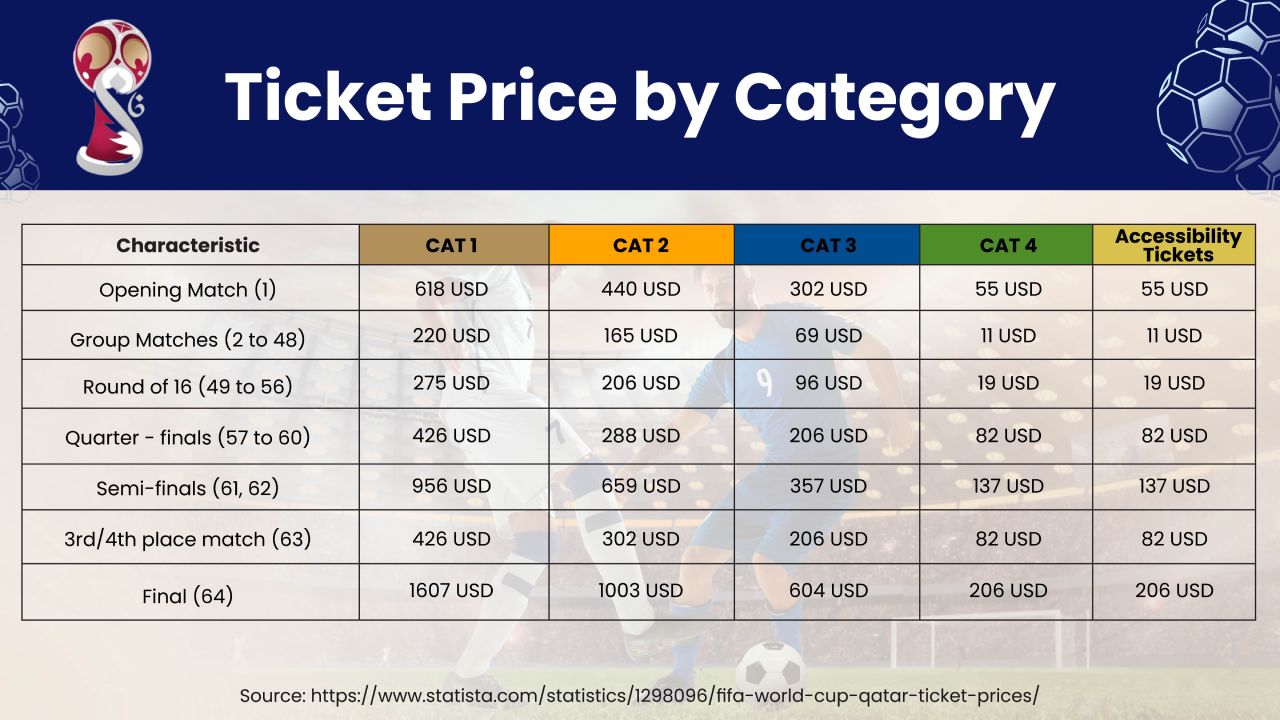
A staggering 1.5 million new jobs have been created in the country in the fields of construction, hospitality, and real estate. However, with 9 out of 10 jobs being filled by foreign workers in Qatar, much of the job creation benefits will be for the expat workforce.
Along with advancing its trade interests and becoming a regional business and tourism hub, Qatar also aims to boost its Foreign Direct Investment (FDI) inflows and contribute positively to its foreign policy goals.
Will the benefits outweigh the costs of the World Cup?
The World Cup is expected to have differential effects on Qatar’s economy. While we have to wait and watch for the long-term effects, Qatar is banking on the short-term benefits to outweigh the costs with hopes that there will be an influx of revenue stemming from World Cup tourism.
The stakes are high as $1 billion is allocated to the prize money fund distribution system for the 2022 FIFA World Cup. There’s a massive increase of 29% in the overall prize money fund. From $1 billion, $440 million will be awarded as prize money payments to the teams based on how they finish in the tournament.
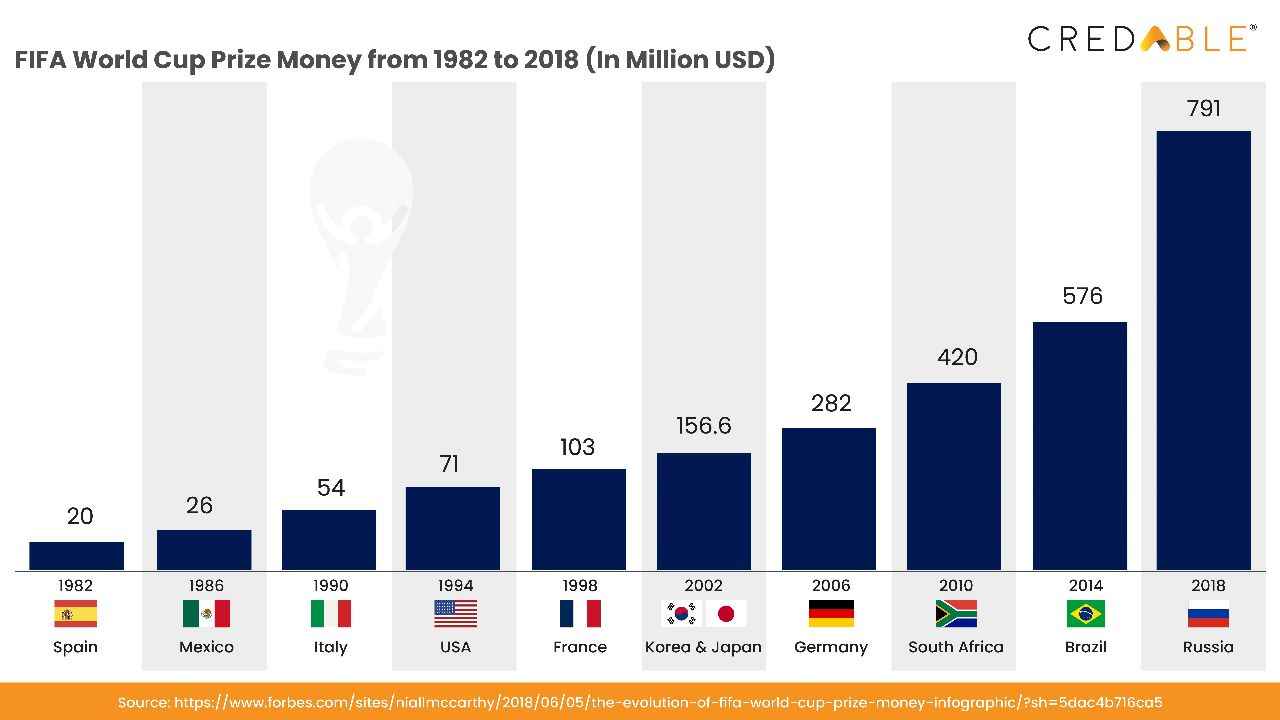
While the FIFA World Cup promises Qatar economic and soft-power gains in the future, it all depends on how well the country is able to leverage the World Cup to support steady GDP growth. There are high hopes riding on the Qatar government to follow through on its strategic plans and commitments, and emerge successful by leaving a lasting legacy as a sports and economic power from the Middle East.
Think Working Capital, Think CredAble!
